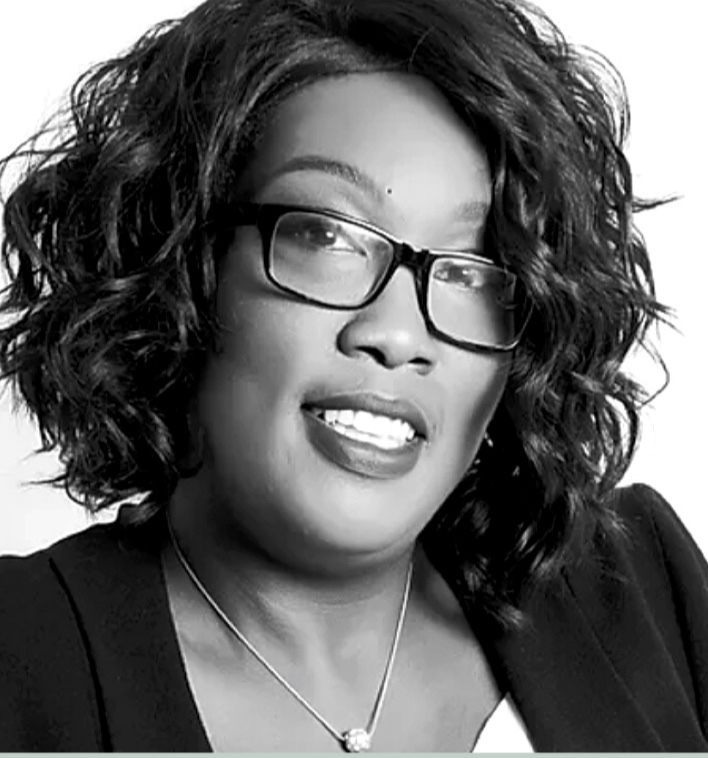The Grey Area consultancy’s 2020 survey has identified the top three factors that are hindering Black, Asian and Minority Ethnic (BAME) staff from progressing up the career ladder into senior leadership roles.
BAME professionals believe unconscious bias, micro aggressions and conscious bias are the main factors holding them back from progressing in their careers, according to the research. On the other hand, White colleagues believe that “unconscious bias, lack of confidence and self-esteem and lack of line manager support” are preventing minority groups from getting ahead.
The survey also reveals the top three factors that would help BAME professionals to progress further up the career ladder. They include “resilience, confidence and self-belief, and positive attitude”. The top three enabling factors for career progression for their White colleagues, however, are “talent, hard work and supportive managers”.
DECODING INCLUSION
The Grey Area survey, entitled Decoding Inclusion, was launched during National Inclusion Week last year. The aim of the research was to capture BAME employee “workplace experiences” to identify the roadblocks they face in their career progression. The survey also aimed to find out the attributes that would help minority groups progress into senior positions – both from White and ethnic perspectives.
Interestingly, White respondents say that “role models and mentors” would help BAME professionals progress in their careers the most, notes the report. BAME professionals also believe that more role models and mentors would be beneficial. However, they also believe that increased opportunities to interact with senior management would help.

The study also revealed that more than 50% of BAME professionals have experienced some form of unconscious or conscious bias at work. Additionally, more than 50% of BAME professionals do not feel they have “adequate avenues to communicate workplace challenges and barriers”. Worryingly, only around 26% of BAME professionals believe they have the opportunities to get to a senior level in their organisation, compared to 56% of their White colleagues. Furthermore, the research highlights that 43.3% of White respondents were actually “aware/knew of discrimination against colleagues of colour”, who missed out on key opportunities because of their “ethnic backgrounds”.
INVALUABLE INSIGHTS
“This survey provides some real insight into the everyday experiences encountered by ethnic minority groups and their White counterparts,” stated Cherron Inko-Tariah, Co-founder of The Grey Area and author of The Incredible Power of Staff Networks. “Tackling the everyday is one of the keys to decoding inclusion.”

CREATING AWARENESS
Commenting on the findings, Hira Ali, Co-founder of the Grey Area and author of Her Way to the Top, stated: “It was important for us to get direct feedback to authenticate the experiences and perceptions many already knew. After all, the first step towards addressing any issue and subsequently, changing the way people think and act is to acknowledge that the issue exists and highlight it as it is.’’

Both founders said they plan to continue to create awareness of the challenges faced by diverse racial groups to help business leaders ensure that their processes and practices actually help all their employees to reach their full potential. The consultancy and research is supported by organisations and networks like London Women’s Leadership Academy, Black History Month UK and British Muslim Magazine.
Click here to access the full report.







































